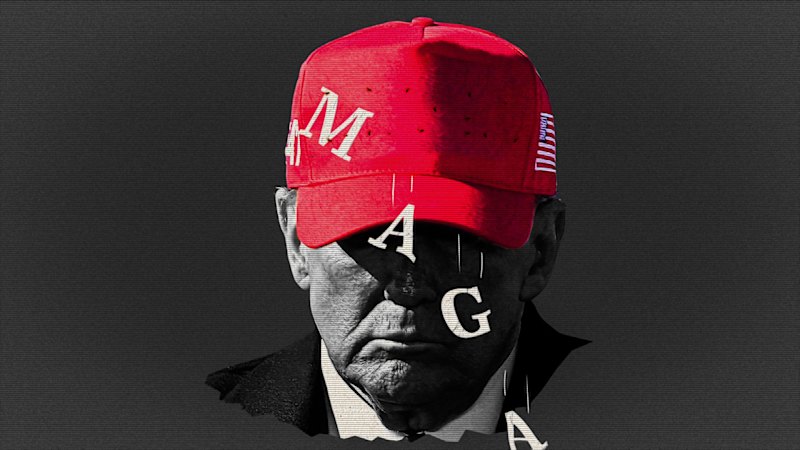
Donald Trump has sparked controversy among his MAGA supporters by suggesting that bringing in foreign workers is essential for advancing the United States’ technology sector. Speaking at the US-Saudi Investment Forum, Trump addressed prominent figures including Saudi Crown Prince Mohammed bin Salman and Elon Musk, the CEO of Nvidia, which recently became the first company valued at over $5 trillion. This statement marks a significant shift in Trump’s stance, as it directly contradicts the “America First” ideology that has defined his base.
During his address, Trump emphasized that the tech industry requires skilled foreign workers to thrive. He acknowledged that those who oppose skilled immigration may have patriotic motives but lack an understanding of the industry’s realities. “You can’t open up a massive computer chip factory for billions and billions of dollars… and think you’re gonna hire people off an unemployment line to run it,” he said. Trump further stated, “I’m sorry, my poll numbers just went down—but with smart people, they’ve gone way up.”
Shifting Dynamics within the MAGA Movement
The relationship between Trump and his MAGA base is increasingly strained. While political leaders often face disappointment from their supporters, Trump’s dynamic is particularly complex. He frequently claims to have created the MAGA movement, asserting that it reflects his vision. However, recent developments indicate that this symbiosis is being tested.
For instance, the release of the Epstein files is a significant point of contention. Trump initially opposed the bill to disclose these documents, believing it would primarily embarrass Democrats. Yet, after recognizing the bill’s inevitable passage, he reversed his position and urged Republicans to support it. Molly Reynolds, vice president of governance studies at the Brookings Institution, described this event as notable but not indicative of a broader shift in Republican dynamics.
Concerns regarding Trump’s focus on foreign affairs, particularly in relation to China, have also surfaced within MAGA. Additionally, issues such as antisemitism, support for Israel, and economic stagnation are further complicating the movement. Recent comments by JD Vance, Trump’s Vice President, highlighted this growing divide. “Let’s be honest, it’s not just Joe Biden… we had a policy in this country for 40 years of shipping American jobs overseas,” Vance stated, acknowledging the economic struggles faced by many Americans.
Internal Conflicts and Future Implications
The tensions within the MAGA movement are not limited to foreign policy. Marjorie Taylor Greene, a prominent Republican congresswoman, has openly criticized Trump for his immigration stance, arguing that promoting work visas undermines American workers. “Those are not ‘America first’ positions,” Greene told CNN, suggesting that Trump should prioritize domestic issues over international engagements.
In a recent interview with Fox News host Laura Ingraham, Trump defended his views on immigration, stating that while he agrees with concerns about foreign workers, the country must also attract talent. This exchange illustrates the growing rift within the movement, as it becomes clear that differing opinions on critical issues are emerging.
The implications of these internal conflicts could be significant as the political landscape evolves. Strategists like Dennis Lennox note that while Trump retains his title as the leader of the Republican Party, new voices are beginning to surface, echoing the original sentiments of the MAGA movement but with their interpretations.
As the midterm elections approach, the question remains whether Trump will actively influence this evolving landscape or allow it to develop independently. Vance, a potential frontrunner, has expressed a willingness to engage in debates about policy while urging the coalition to remain united against their common adversaries.
The outcome of these internal discussions and conflicts will likely shape the future of the MAGA movement and Trump’s influence within it. With evolving perspectives on critical issues and the approaching elections, the dynamics within this political faction will continue to be closely scrutinized.






